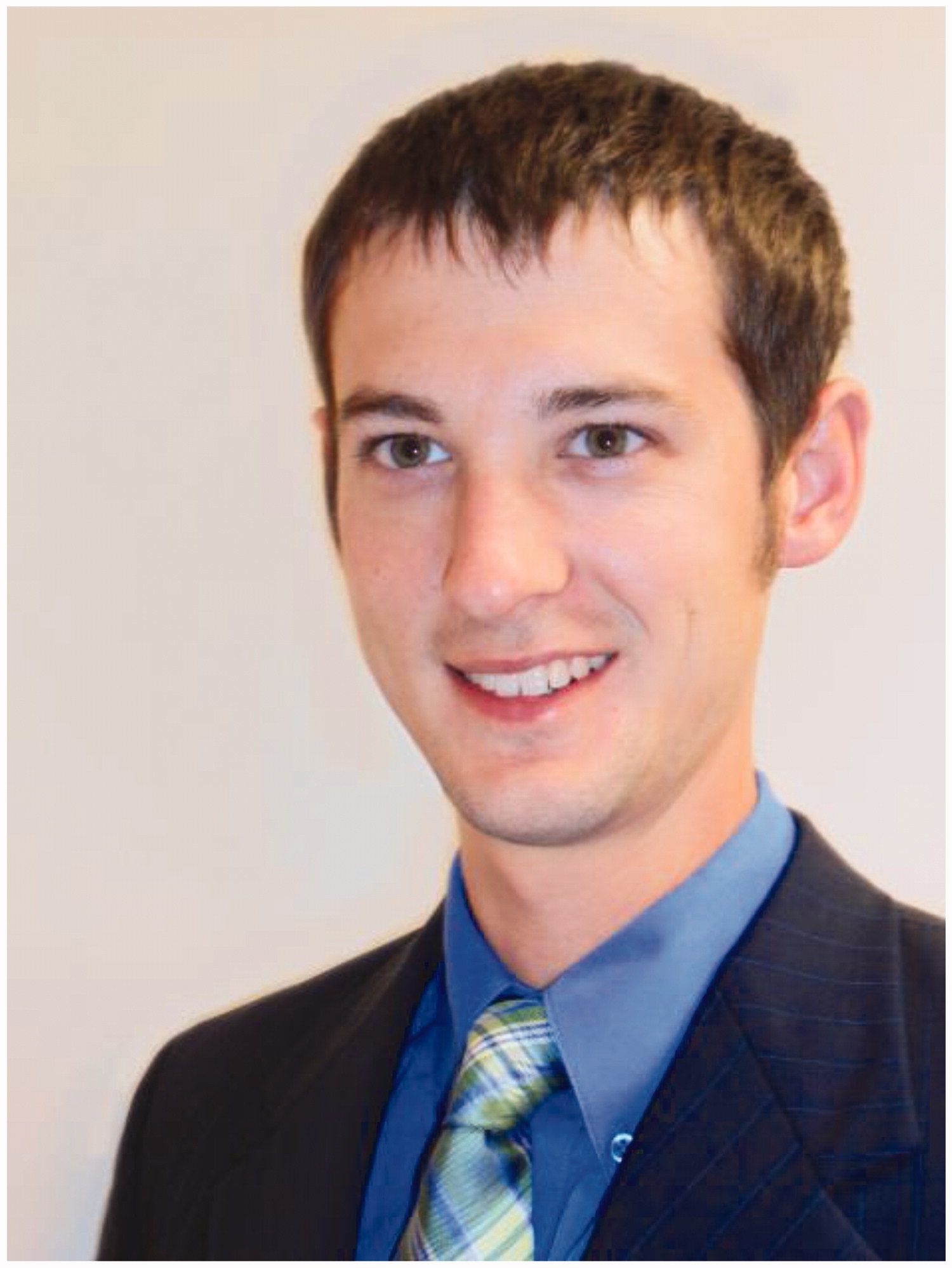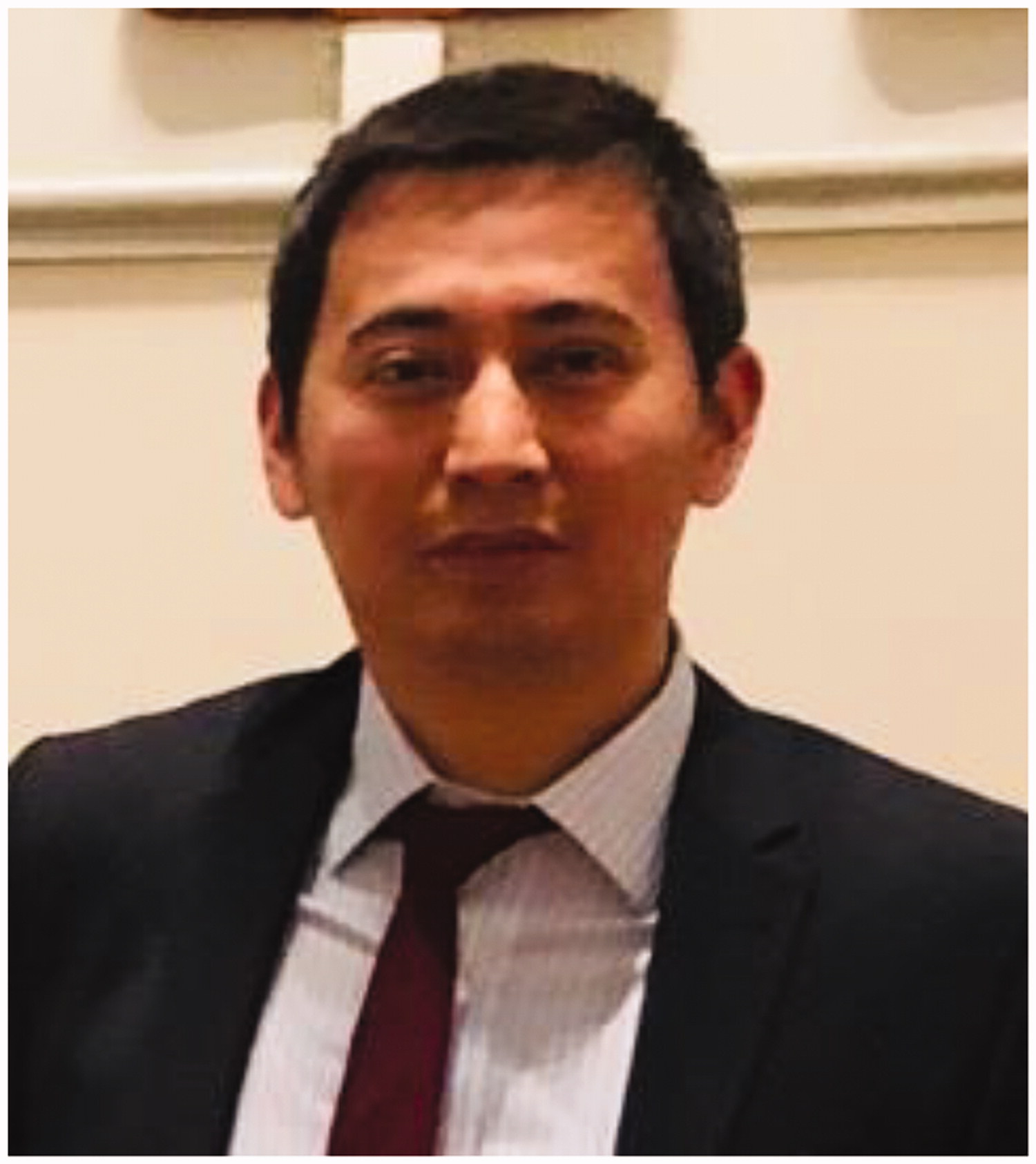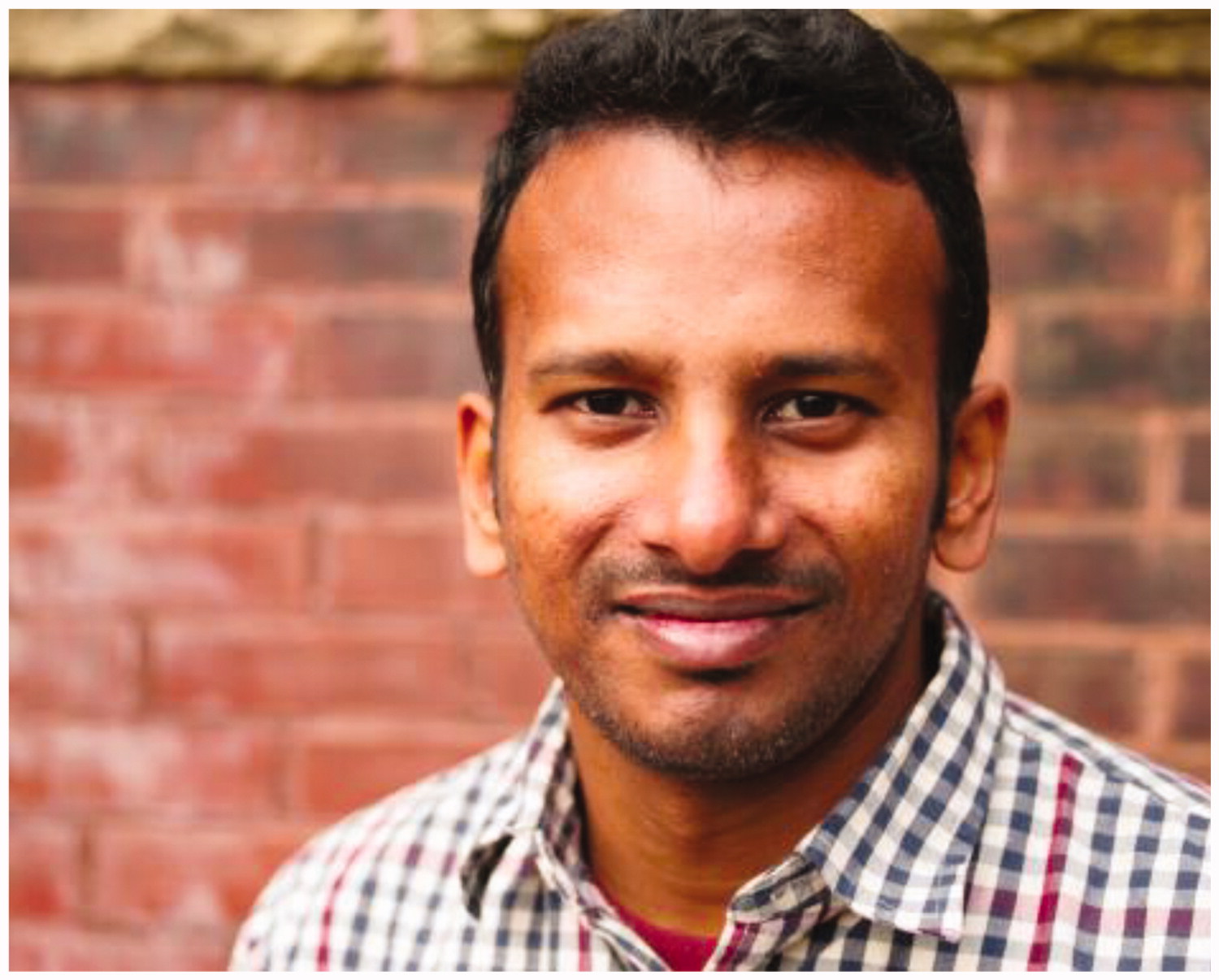Editor in Chief’s comments
Each year, the Editors of the Journal examine papers that were nominated for The Editors’ Awards. These are prestigious awards that come with a cash prize (approximately $750) plus a suitable plaque and official recognition in the Journal for their scientific contribution. We had a record number of 40 nominations this year, which speaks to the growing interest in publishing in the Journal.
This year, we selected Editors to review the manuscripts for the Editors’ Awards, based on the broad subjects of the papers. We asked Editors to consider novelty and impact as the main criteria to base their prioritization on. Scores from participating Editors were averaged to obtain the final ranking. Thanks to the following Editors, who gave of their time to provide us with assessments of the papers: Drs. Cressman, Mauri, Issels, Wessalowski, ter Haar, Ghanouni, Prakash, Haemmerich, Diedrich, Stauffer, Kuroda, Ivkov, Crezee, Takahashi, Gaipl, Repasky, Horsman, Vujaskovic and Rhim.
Any first or senior author who is less than 35 years of age at the time of the manuscript submission is eligible to nominate themselves for this award. This is done during the on-line manuscript submission process.
Winner in Physics/Engineering
Samual Fahrenholtz, Ph.D. Temperature mapping of exothermic in situ chemistry: imaging of thermoembolization via MR, DOI:10.1080/02656736.2019.1635274, University of Texas, MD Anderson Cancer Center.

The son of a family physician, Samuel John Fahrenholtz, Ph.D., was raised in suburban Kansas. His B.S. in physics was awarded magna cum laude by Kansas State University in 2009. During his undergraduate studies, he designed a spectrometer for molecular ion beams in Dr. BenItzhak’s atomic physics laboratory, and he designed and built a plasma temperature probe in Dr. Munsat’s plasma physics laboratory at the University of Colorado Boulder. Drawn to the improvement of human health, Dr. Fahrenholtz pursued his Ph.D. in Medical Physics at The University of Texas Graduate School of Biomedical Sciences and M.D. Anderson Cancer Center in Houston, Texas. His Ph.D. research was focused on computational modeling of magnetic resonance-guided laser induced thermal therapy under the tutelage of R. Jason Stafford, Ph.D., and David Fuentes, Ph.D. Specifically, Dr. Fahrenholtz applied uncertainty quantification to the Pennes bioheat equation in context of laser ablation in brain. His later work shifted to a datadriven, inverse problem approach for predicting laser heating, using MR temperature imaging (MRTI) from patient treatments as training data. After completing his Ph.D. in 2015, Dr. Fahrenholtz continued at The University of Texas M.D. Anderson Cancer Center as a Fellow in diagnostic medical physics – a training hybrid of clinical physics residency and post-doctoral research. In the residency, he became the inaugural Chief Resident of the program. His postdoctoral advisor was Erik N.K. Cressman, Ph.D., M.D. Samuel’s contribution to the Cressman laboratory was MRTI of thermoembolization in porcine kidney models – the subject of this award. Since completing the Fellowship in May 2019, Samuel joined Mayo Clinic Arizona’s Radiology Department as a clinical diagnostic physicist and assistant professor. Dr. Fahrenholtz’s current roles and research interests involve musculoskeletal radiology, MRI safety and informatics.
Winner in Medicine
Guoliang Qiao, MD, PhD. Immune correlates of clinical benefit in a phase I study of hyperthermia with adoptive T cell immunotherapy in patients with solid tumors, DOI: 10.1080/02656736.2019.1647350, Capital Medical University, Beijing, China.

Dr. Guoliang Qiao received his PhD in Medical Oncology from Peking Union Medical College in 2015, his Masters Degree in clinical medicine from the Second Military Medical University in 2012, and his Bachelors Degree in clinical medicine from the Xiang-Ya Medical School of Centre South University in 2009. He was a medical oncologist in the Department of Medical Oncology at the Capital Medical University Cancer Center from 2015 to 2019 and has been a research fellow in the Department of Surgical Oncology in the Massachusetts General Hospital (MGH) at Harvard Medical School since 2019. Effective cancer immunotherapy is dependent on the presence of large numbers of anti-tumor lymphocytes with appropriate homing and effector functions that enable them to seek out and destroy cancer cells in vivo. Dr. Guoliang Qiao’s work has included developing T cell transfer therapies which seek to enhance the activity of a person’s cancer-killing immune cells before returning them to the body. This approach represents a potentially curative therapy for some cancers. He designed and performed several clinical trials on combined adoptive T cell immunotherapy with other treatments including surgical resection, chemotherapy and hyperthermia while also examining its mechanism of action. The combined therapy yielded survival benefit and improved the quality of life of patients with advanced cancer. Although a significant number of cancer patients benefit from adoptive T cell therapy, many fail to have clinical responses. Dr. Guoliang Qiao performed research to uncover the potential mechanism and found that the level of CD8+ PD-1+ T cells after ex vivo expansion was tumor-reactive, associated with restored T cell receptor repertoire and prognosis in patients with advanced pancreatic cancer who received adoptive T cell therapy. Currently, his research at MGH, Harvard Medical School is related with the myeloid-derived suppressor cells (MDSCs) and tumor-associated macrophages (TAMs) from the tumor microenvironment which are contribute to the suppression of the CD8+ T-cell response in pancreatic cancer.
Winner in Biology
Anjan Motamarry, Ph.D. Real-time fluorescence imaging for visualization and drug uptake prediction during drug delivery by thermosensitive liposomes, DOI: 10.1080/02656736.2019.1642521, Medical University of South Carolina.

Anjan Motamarry obtained his masters in biochemistry from the University of Madras, India. He received his Ph.D. at the Medical University of South Carolina, USA working in Dr. Dieter Haemmerich’s laboratory. During his doctorastudies, his work l focused on reducing off-target effects caused by chemotherapy by targeted delivery ochemotherapeutic drugs to tumors by using thermosensitive liposomes encapsulating the chemotherapeutic agent doxorubicin and localized hyperthermia. He exploited the inherent fluorescent property of doxorubicin to develop a simple and convenient method to predict the quantity of drug delivered to the target area. He also showed that the half-life of the liposomes was affected by the body temperature of the animal (Motamarry et al., International Journal of Hyperthermia, 2019). He is also a co-inventor and has developed a methodology for removing the undelivered thermosensitive liposomal doxorubicin from the circulation (US Patent App. 16/404).
Currently, he is pursuing his post-doctoral training at the Wellman Center for Photomedicine, Massachusetts General hospital/Harvard University with Dr. Rox Anderson & Dr. Lilit Garibyan. He is presently studying the effect of novel injectable method of cryolipolysis for selective fat removal from deep tissues with the idea of improving treatment outcomes in metabolic diseases.
Disclosure statement
No potential conflict of interest was reported by the author(s).
